< Back to all episodes
Kari Aanestad
Kari Aanestad: Equity, Honesty, and #FixTheForm
This episode of Impact Audio features Kari Aanestad, co-founder of #FixTheForm, discussing the application pain points grant seekers have identified as the biggest barriers to accessing funding and achieving equity.

Kari Aanestad: Equity, Honesty, and #FixTheForm
Join Submittable and special guest Kari Aanestad as she shares context, insights, and insider tips from #FixTheForm.
Description:
#FixTheForm is a grassroots international movement to identify and fix the worst elements of funding application forms that waste time and money. By surveying more than 500 grant seekers across 9 countries, #FixTheForm has gathered comprehensive data on the grant seeker experience.
The sixth episode of Impact Audio features Kari Aanestad, co-founder of #FixTheForm and associate director at the Minnesota Council of Nonprofits. She shares insights that can help grantmakers across the philanthropic sector improve processes and make a real impact.
Listen to learn about:
The top three pain points for grant applicants, by a landslide
Grantadvisor.org and the origins of #FixTheForm
Takeaways from the survey of more than 500 grant seekers (65% with at least 8 years experience)
The potential limits of demographic data collection
Criticisms of (and future goals for) the movement
Drawn from a longer conversation about #FixTheForm, these excerpts include great suggestions for reducing grantee burden in the service of equity. We hope you enjoy listening.
Guest:

Kari Aanestad
Kari Aanestad is the associate director at the Minnesota Council of Nonprofits, where she advances the mission and work of MCN and Minnesota’s nonprofit sector through strategic visioning, fundraising, relationship development, sector research, and education. As a member of MCN’s leadership team, Kari provides strategic direction and input on the organization’s trajectory, evolution, opportunities, and partnerships, as well as supports the development of other fundraising professionals throughout Minnesota through in-person and online trainings on program evaluation. As a nonprofit fundraising professional with nearly a decade of experience, Kari also provides leadership to GrantAdvisor.org, a strategic initiative launched in partnership between MCN, California Association of Nonprofits, and Great Nonprofits. She is a co-founder of #FixTheForm.
Transcript:
Episode Notes
Learn more:
Stream the full webinar: Improve Equity with #FixTheForm
Visit GrantsAdvisor and read more about #FixTheForm
Read about Choosing a Grant Management Software to Help You #FixTheForm
Interested in more quality content focused on reducing grantee burden and improving equity? Here are a few Submittable resources:
Redistributing Power in Philanthropy: A Conversation with Shaady Salehi (Webinar)
The Review (Bi-monthly newsletter by Sam Caplan)
Full Transcript
Welcome to Impact Audio. I’m Rachel Mindell.
In today’s episode, you’ll hear from Kari Aanestad, our guest at a recent Submittable webinar and co-founder of #FixTheForm. #FixTheForm is a grassroots international movement to identify and fix the worst elements of funding application forms that waste time and money.
In addition to her work on #FixTheForm, Kari Aanestad is the associate director at the Minnesota Council of Nonprofits, where she advances the mission and work of MCN and Minnesota’s nonprofit sector through strategic visioning, fundraising, relationship development, sector research, and education. As a nonprofit fundraising professional with nearly a decade of experience, Kari also provides leadership to GrantAdvisor.org. Here’s Kari discussing that work.
***
Kari
I wear a couple of different hats. But one of the main ones I wear for this conversation today is co-director of GrantAdvisor.org and co-lead of the #FixTheForm movement. So just for context setting, GrantAdvisor.org is an anonymous review site of grant making foundations. It was launched in partnership by three amazing nonprofit organizations about four years ago. So GreatNonprofits, the California Association of Nonprofits, and the Minnesota Council of Nonprofits, where I work.
So in its four years of life, GrantAdvisor has collected over 2,600 reviews on 800 foundations that are based in the United States. It's a site that was kind of led by and for a nonprofit organization, so it's completely free to use, it's driven by sweat equity, and it's a great feedback platform for funders if you're interested in expanding your tools for how you get feedback from the community on how your work is going.
We ask folks who have had an experience working with the foundation to rate their overall relationship with that funder, the funder’s accessibility, how successfully they think that funder’s achieving their own philanthropic goals, how long the grant application process took.
And then there's also a blend of qualitative information. So we ask folks to report what's one thing you think this funder does really well, what's the advice that you would have for them to improve or change, and imagine you have a colleague who's thinking about approaching this foundation, what's one thing you would share with them before they embark on their funding quest.
***
As Kari shares, the idea for #FixTheForm came from a close examination of these reviews.
***
Kari
So a couple of months ago, a few of us sat down and we read through every single one of the 20—it's now 2,600 reviews, to better understand OK. Here's an open platform. Anybody can say anything about their experience working with foundations. And it's anonymous, so there's a new level of freedom inside of that. What are the top issues or opportunities for the field? [8:48]
***
The data from Grant Advisor revealed three major themes.
***
Kari
Well, one of the themes we saw was we were surprised to see that it's actually grant making processes and specifically the technology that supports grant making that's one of the biggest pain points and opportunities of the field. So we have a little quote from Melvin Kranzberg here. “Technology itself is neither good nor bad, nor is it neutral.”
The second theme that we started to see emerge in these reviews were actually these small changes can have really big outcomes. Little tweaks to online forms or the ways that information is collected and shared could have a huge impact on nonprofit organizations. And the downside of this being if you don't make the change or if it is designed poorly, it's a huge time waster. 20% to 30% of a grant writer's full time work is being lost on technical time wasters. 20% to 30%. We're talking hundreds of thousands of hours a year. If you look at the sector through a macro lens, a million nonprofits having to navigate these systems.
Finally a third theme that came through was those who are most impacted by these systems, so nonprofit organizations being a primary user of some of these grant forms, have very specific tangible ideas for how we can make things better. But it's super hard to give that feedback to someone when you're asking for money from them, right?
So we digested all this information and thought, what can we actually do about this? At this point, I connected with a brilliant grant maker and fundraiser who's based in London. Her name is Laura Solomons, and we said, let's just do something. We pulled together a really scrappy Google form, we took some of the top 16 common pain points that were cited throughout these GrantAdvisor reviews, and we said, we're just going to put it out to the community and get a sense of what specifically do you want to see done or changed when you think about how grant applications and reports are designed?
We said, this is our moment of change. It's 2020, everything has been disrupted. Now let's let our voices be heard, the field is ready for us. We were hoping that we would maybe get 200 people to respond, and we were shocked that within less than four weeks we had 500 people respond to this survey. So this is a little snapshot of the survey instrument tool that we developed. Like I said, it was in-- sorry Submittable, it was in Google Forms. But basically developed a Likert scale asking folks to not only pick your top three, but then also rank the severity of pain that this pain point causes you.
We had 500 grant seekers in nine different countries, representing really a range of years of experience. But what we were struck by when we were looking at the results was the seniority. You're seeing a fourth of people bringing 8 to 14 years, and 40% bringing 15 years of experience or more.
So we asked this question around years of experience because we really wanted when sharing the results to communicate to funders in the broader field. These are not just folks new to the field who are complaining about the way things are, these are deeply seasoned professionals who have been invested in this work for decades in some instances.
So what did the survey—what does the scrappy little survey reveal?
A couple of qualitative themes. One, the topic of today's conversation, equity. There's this great quote from someone who said for many organizations, especially ones that are Black and Brown led and far more likely to be chronically underfunded, these are particularly harmful practices.
So this recognition that the more complicated you design a grant form, the more time that's required for a nonprofit to complete and navigate it, the more barriers a funder is inadvertently putting in front of groups in being able to access those dollars. We also saw some themes around effectiveness and efficiency. If we designed forms in a way that allows nonprofits to spend less time and money on form filling, that frees up their time to be able to invest in other mission advancing activities. And it's a better use of everyone's resources.
***
The #FixTheForm survey data clearly identified three pesty pain points from among 16 options.
***
Kari
OK so 16 common pain points. What were the top three? Drum roll.
500 grant professionals in nine countries said very clearly, the number one pain point in access and having to navigate the grants process is not being able to see a full application ahead of time. So that can mean one of two things, either transparency on a funders website, like they want to be able to see it before creating a user account and having to go into a portal. But it's also about when you're in the portal, being able to see the full scope of work that you're going to have to undertake as a grant seeker. The number two pin point was this kind of squishy, like the time taken to apply is being disproportionate to the funding awarded. We don't want to spend 20 hours of our time pursuing $1,000 of funding. And then finally, forms that can't be saved and returned to.
What's interesting about these three pain points is that they all received the highest number of votes, the highest severity of pain when we kind of sorted the results based on those two how many votes they get and how painful were they ranked, and they were also the top 3 from the minute the first person filled out the survey to the 500. I kept signing on and refreshing like every day obsessively to see what's changed now? What's the point now? And it was really a big letdown because it was just—the field was super clear that these are the top three, regardless of how many people filled it out.
***
Kari offered to look over a volunteer organization’s grant application form, allowing her to dig into additional pain points for grant applicants. Here is Kari discussing demographic data collection.
***
Kari
This particular application asks for information—they're collecting demographic information at all. So this isn't necessarily painful how it's been designed, but if every funder asks for this information in customized ways, that's what ends up being the pain point. So this particular funder asks for it to be reported within how they've defined the categories for race and ethnicity, which can vary from how candidates guide defines it, how the funder A,B, and C defines it.
They ask for a percentage, some funders will ask for a whole number. And then ultimately, this data that a nonprofit organization, they may end up—often, we've had to end up surveying our board and staff a couple of different times so that we could get the information in the specific format that a particular funder was asking for it. So we end up having to do it a number of times. We've got 40 or 50 different funders. So it's just a multiplication factor problem.
But then it's also like a lost opportunity for the broader sector. All of that data that just gets stored in one portal that's accessible to one funder. And the broader sort of learning around who holds leadership positions in our sector, who's overrepresented or underrepresented, what are our goals inside of that, what changes are we seeing over time, all of that broader learning potentially is lost because it's just being held in one space.
So demographics. On one hand it's really important and I understand why funders collect that information. That's an important lens to which you should be looking at how you're investing your resources and who has access to it. On the other hand, what's the strategy for collecting that information and is it already potentially available in another public format that's accessible to broader groups that can contribute to bigger learning? [30:46]
***
#FixTheForm has led to noticeable changes in the field, especially among tech vendors. But was it TOO technical?
***
I feel like one of actually the criticisms of the movement is that it didn't go far enough because we focused on these very specific practical here and now changes, that it wasn't actually going far enough to push the field to say common app, data comments, get rid of applications altogether. And so we've been really trying to find the balance of like how do you do both and? There are little things that grants managers, foundations are totally within their power to make these changes without any permission from anyone above or below or beside them if they just have the information available to them.
So the idea of what you can do today that could have a huge impact on nonprofit organizations based on just making decisions and centering their experience in the feedback that they've given. And then how do we also not lose track of these bigger visions.
***
According to Kari, the events of 2020 made new space for #FixTheForm as a movement.
***
Kari
The conditions were ripe for it to be able to take hold, and I do think it has. It's got a lot of momentum and traction in the field which is great and it's needed and it was overdue. I think that the pandemic—I wish I could credit whoever used this analogy, but they described it as this tide receding, laying bare the inequities that were always there. In Minnesota, we experienced that. We lived through a lot of the uprisings that happened in response to the murder of George Floyd and they were friends, colleagues, co-workers who had to put priorities around their time in a different way and think about their safety.
And so when you're living in that context and then being asked to invest 20 hours in uploading a grant report, it just changes things. I don't have time to make this nice anymore. I'm not going to do that funder. You know what I mean? So I do, I think it was like all conditions were ripe for I think funders to be open to hearing this feedback, nonprofit organizations being more willing to provide it, and then all of us being able to work together to start pushing for the practical changes to start happening. And it does feel like we're just at the beginning, and I don't want to lose the momentum as we transition back to whatever new normal is.
***
If you enjoyed these excerpts, please check out the full video conversation with Kari. For other resources on operationalizing equity, including blogs, events, and guides, visit submittable.com/resources.
Thank you for joining us. Impact Audio is edited and produced by Jordan Marvin and our crew at Submittable. Submittable is a cloud-based social impact platform designed to help your team make better decisions and have a bigger impact. We’d love to partner with you to maximize social good and create lasting change through smarter technology—find out more at Submittable.com. And until next time, take good care.
Additional Resources
Season 1 , Episode 1| 56 Min
Satonya Fair and Sam Caplan: Philanthropy, Impact, and the Future of Grantmaking
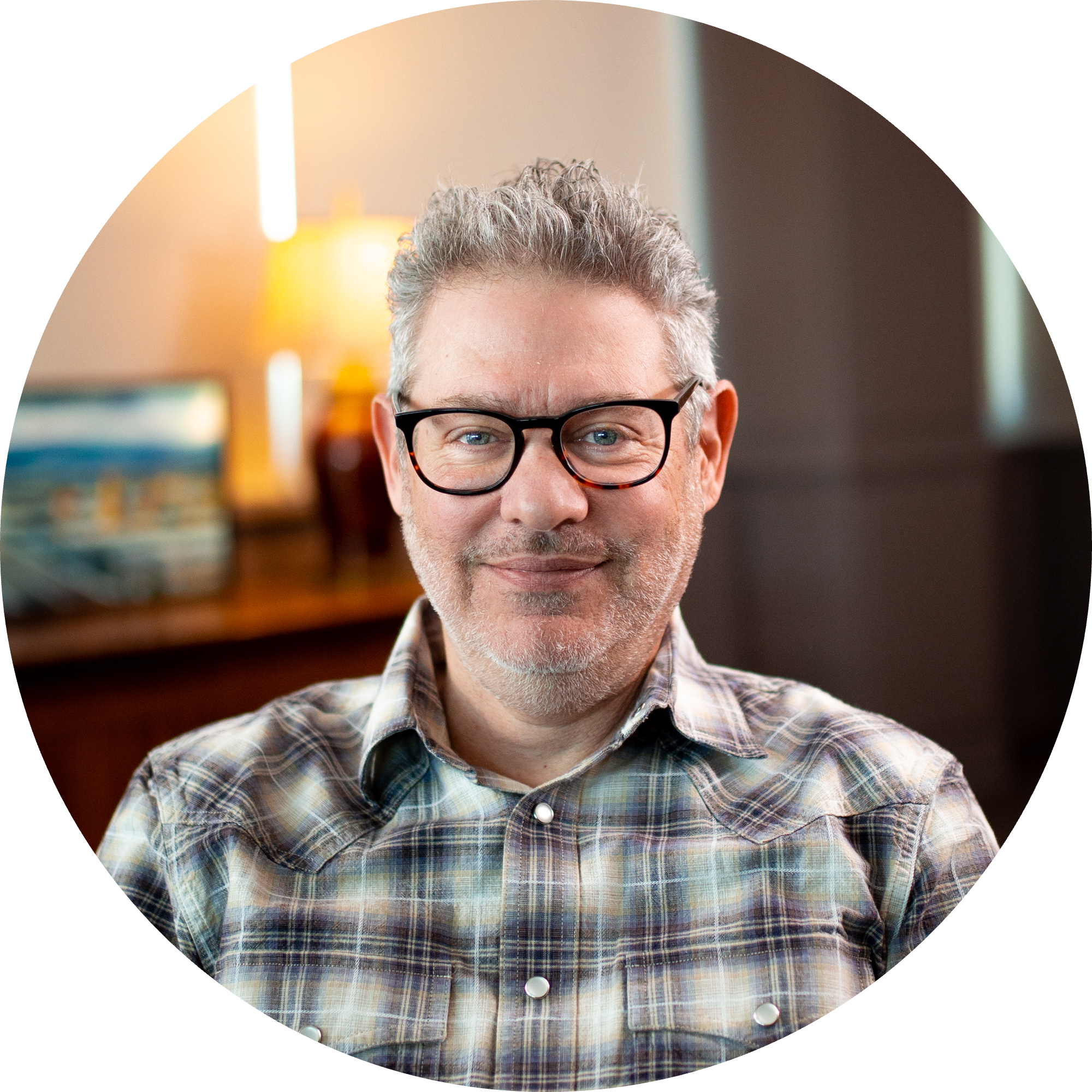
Sam Caplan
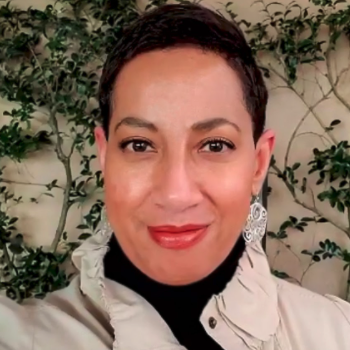
Satonya Fair
Season 1 , Episode 5| 59 Min
Edgar Villanueva and Sam Caplan: How Can Philanthropy Decolonize Wealth?
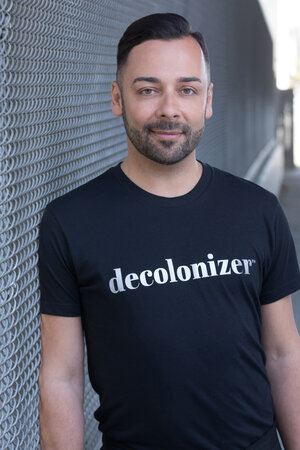
Edgar Villanueva

Sam Caplan
Season 1 , Episode 3| 12 Min
Luther Hughes and Lydia Boss: Antiracism, Community-building, and Grants for Artists
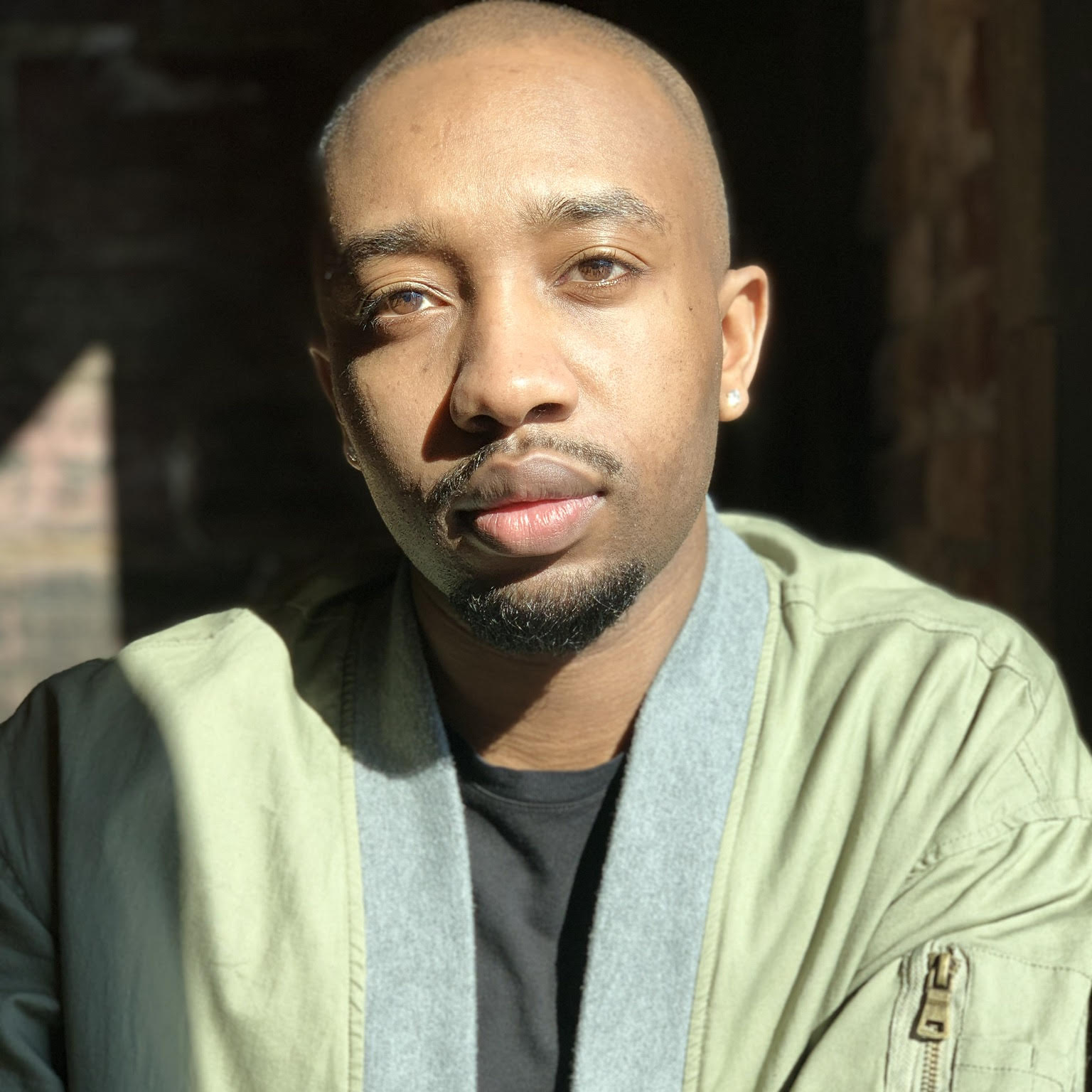
Luther Hughes
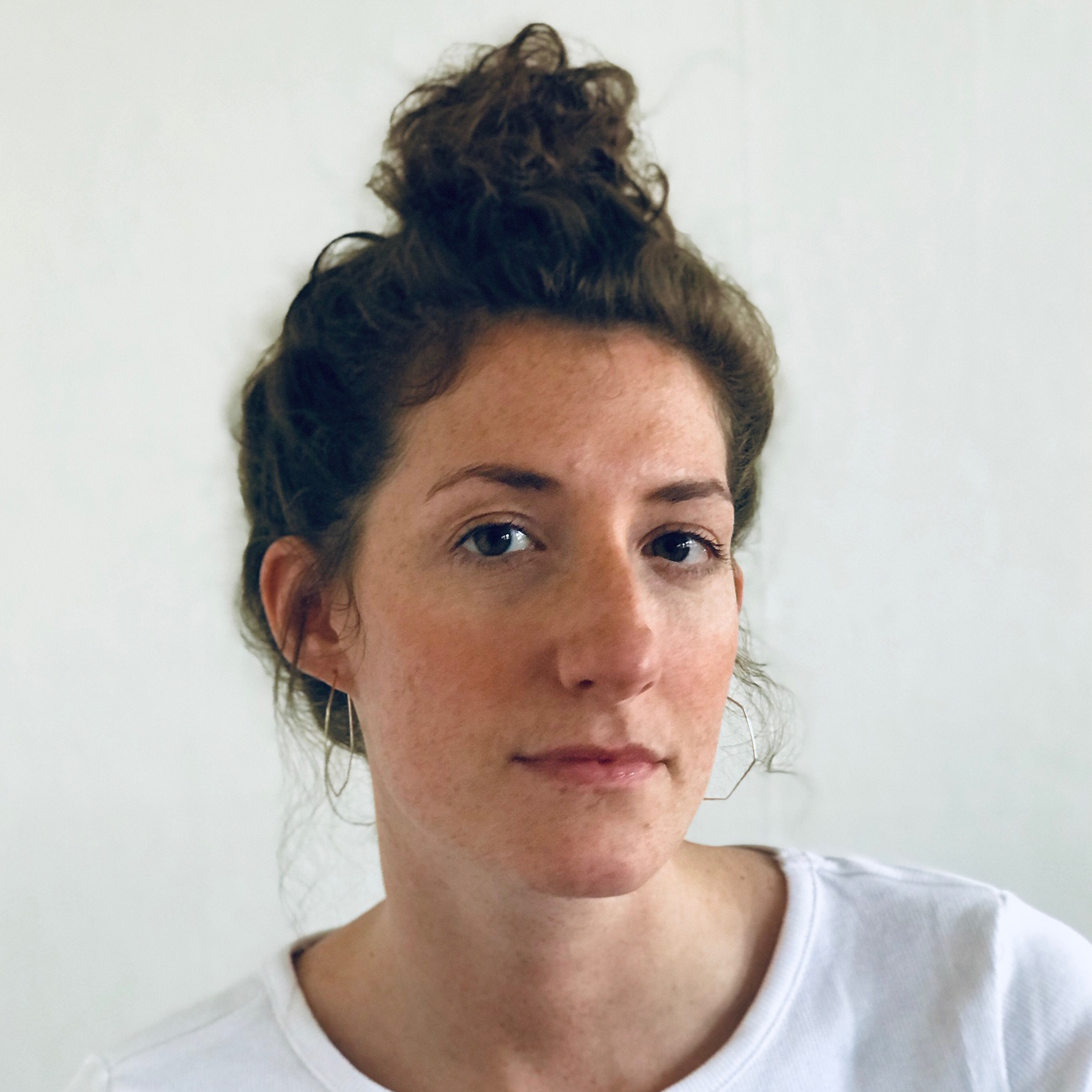
Lydia Boss








